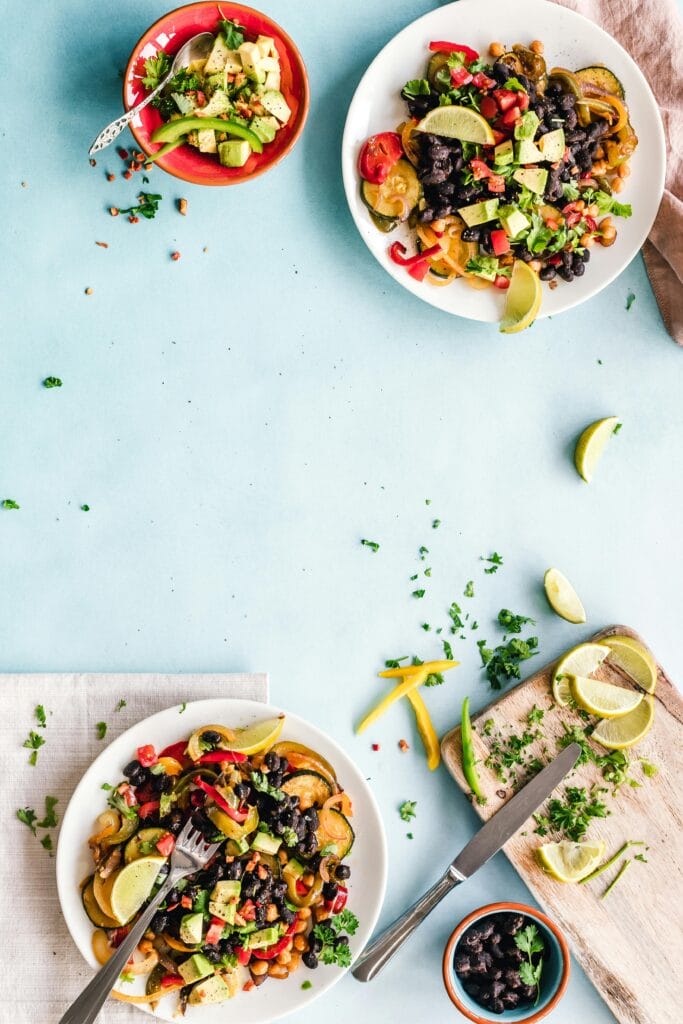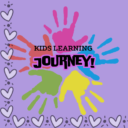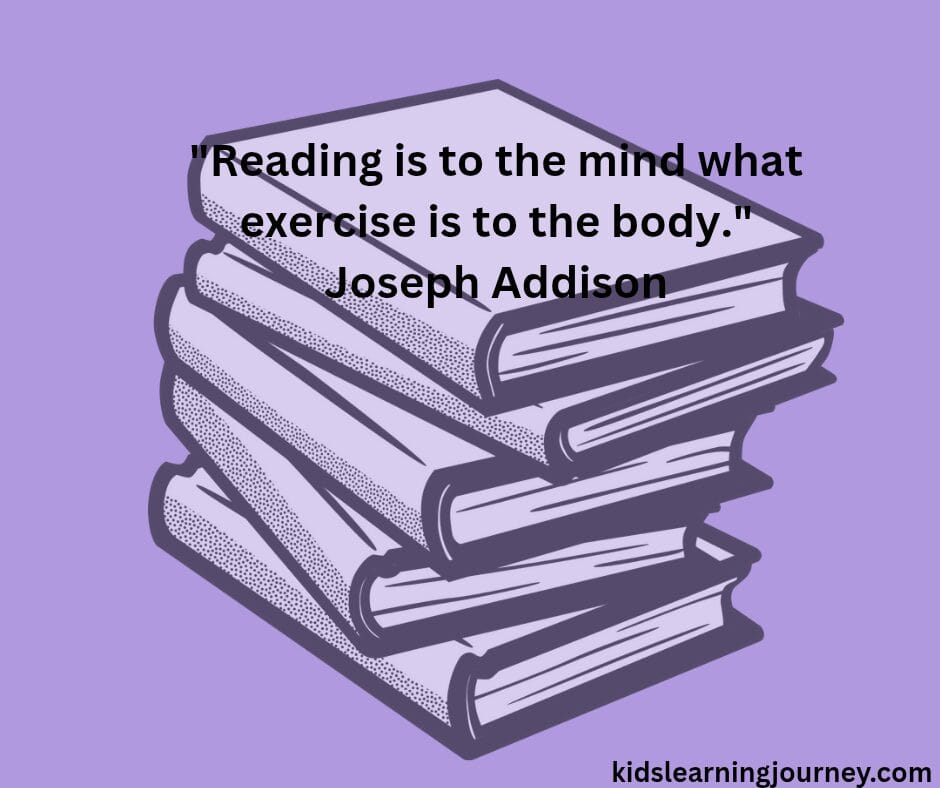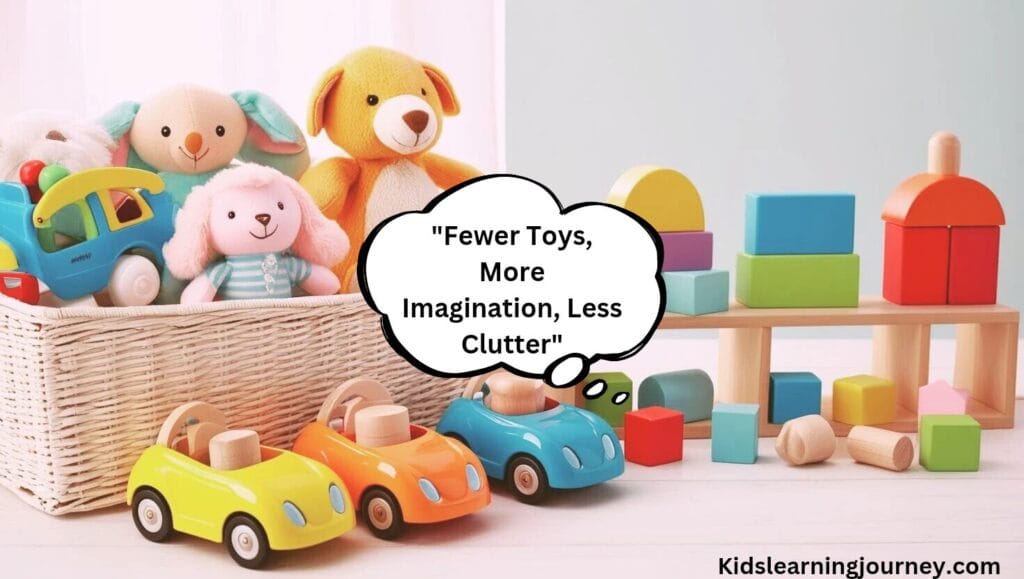
Cooking is more than just a fun activity or a way to get dinner on the table—it’s a powerful tool for teaching kids responsibility and time management.
Children often demand snacks to munch on every hour, leaving moms struggling to fulfill their requests while juggling countless other chores.
So, why not turn those little hands into helping hands?
Teach them age-appropriate tasks, starting with simple ones like making their own sandwiches or pouring milk, and gradually moving on to cutting fruits and vegetables under supervision.
When those little caterpillars feel hungry, they’ll know how to feed themselves!
Let’s explore how involving your child in the kitchen can help them develop these vital skills.
How to start?
At first, you may find it difficult to manage. Some kids might get frustrated, while others may show interest, and some may not be interested at all.
So, you’ll need to be patient.
Pick one of their favorite drinks or an easy snack to start with.
Opt for flame-free cooking.
Also, teach them personal hygiene, like washing their hands and cleaning their tables afterward.
You’ll be amazed by these five incredible benefits of teaching cooking as a life skill to your kids!
1: Nourishing Young Minds: How Cooking Teaches Healthy Eating
One of the best ways to encourage kids to eat healthily is by getting them involved in the kitchen. When children actively participate in preparing meals, they form a stronger connection with their food and are more willing to try new, nutritious ingredients.
Hands-On Learning – Cooking allows kids to explore different fruits, vegetables, and whole foods in a fun, interactive way. Increased Willingness to Try New Foods – Kids are more likely to eat something they helped create, making mealtimes easier for parents.
Understanding Nutrition – Teaching kids about healthy ingredients while cooking helps them make better food choices as they grow.
Developing Healthy Eating Habits – Cooking at home reduces reliance on processed foods and encourages balanced meals. By making cooking a fun and educational experience, parents can help their children develop a lifelong love for healthy eating!
2: Raising Little Chefs: Cooking as a Life Skill for Every Child
Cooking isn’t just a household chore—it’s an essential life skill that benefits everyone, regardless of gender. Teaching kids how to cook from an early age equips them with independence, confidence, and responsibility.
Independence and Self-Sufficiency – Knowing how to prepare meals ensures they won’t rely on processed foods or takeout when living alone.
Healthy Eating Habits – Cooking at home teaches kids about nutrition and encourages them to make healthier food choices.
Boosts Motor Development -Cooking is a fantastic way to improve motor skills, such as mixing, pouring, and kneading, while also enhancing hand-eye coordination.Let your kids pour liquids on their own or assign them simple tasks like mixing ingredients.
Creativity and Problem-Solving – Experimenting with ingredients helps develop creativity and adaptability.
Time Management and Organization – Planning meals, prepping ingredients, and cooking in sequence improve their ability to manage time effectively.
Career Possibilities – A simple childhood interest in cooking could spark a passion for becoming a professional chef in the future.By teaching your kids to cook, you’re not just preparing them for daily life—you might be shaping the next MasterChef!
3: From Cups to Calculations: How Cooking Builds Math Confidence
Cooking naturally strengthens math skills by incorporating real-world applications of numbers and measurements. Here’s how:
Measuring Ingredients – Kids learn about fractions and units (cups, teaspoons, milliliters) when following recipes.
Counting and Sequencing – Cooking requires counting ingredients, setting timers, and following step-by-step processes.
Multiplication and Division – Adjusting recipe portions teaches kids how to multiply or divide quantities.
Estimating and Rounding – Guessing ingredient amounts or adjusting seasoning helps develop estimation skills.
Time Management – Understanding cooking times improves their ability to calculate and manage time effectively.
By engaging in cooking, kids practice math in a fun and meaningful way, making learning feel natural and rewarding.
4: Cooking Magic: The Hidden Science in Every Recipe
Cooking isn’t just about making delicious meals—it’s a science experiment happening right in your kitchen!
When you apply heat, food undergoes chemical and physical changes.
Yeast, a tiny microorganism, helps dough rise by producing carbon dioxide, making baked goods light and fluffy.
Understanding these processes introduces basic science concepts in a fun and practical way, making cooking an exciting learning experience for all ages.
5: Kitchen Chronicles: Bonding Over Food, Laughter, and Stories
Cooking together as a family is more than just preparing meals—it’s a meaningful way to build strong relationships.
When family members gather in the kitchen, they share laughter, create new recipes, and pass down traditions through storytelling.
Elders reminiscing about their childhood while guiding younger generations fosters a sense of belonging and connection.
The process not only strengthens emotional ties but also provides a fun and relaxing environment where everyone contributes, learns, and grows together.
Conclusion:
The kitchen is a rich learning environment where kids can develop essential life skills that will benefit them throughout their lives.
By giving children the opportunity to cook, you’re not only teaching them how to prepare meals but also instilling a strong sense of responsibility and an understanding of effective time management.
As they grow older, these skills will help them in school, work, and personal life. They’ll know how to manage their time, handle responsibilities, and take ownership of their actions—qualities that are crucial for success in any area.
So, the next time you’re in the kitchen, invite your child to join you. It might take a little extra time and patience, but the life skills they’ll gain are well worth the effort. Plus, you’ll be creating memories together that will last a lifetime.


